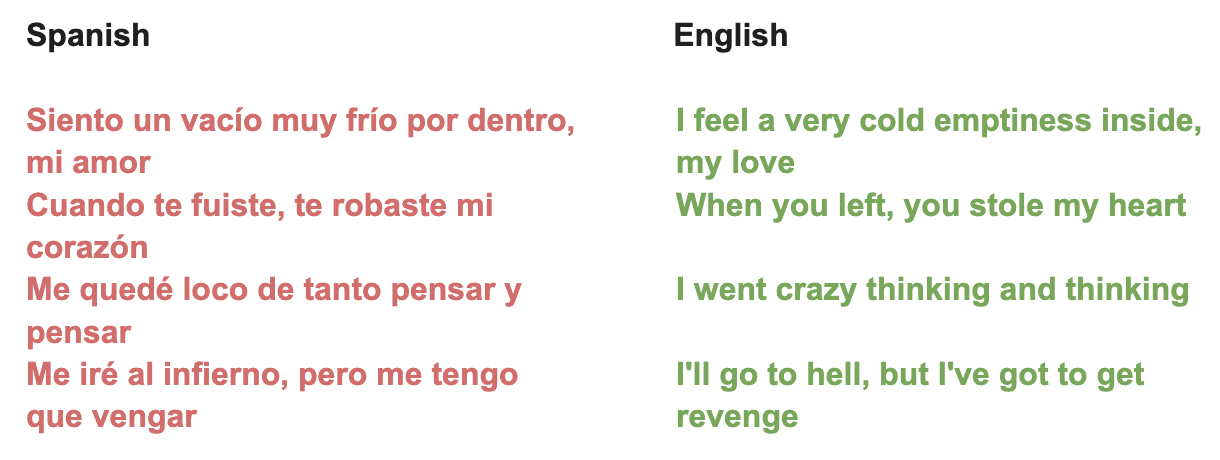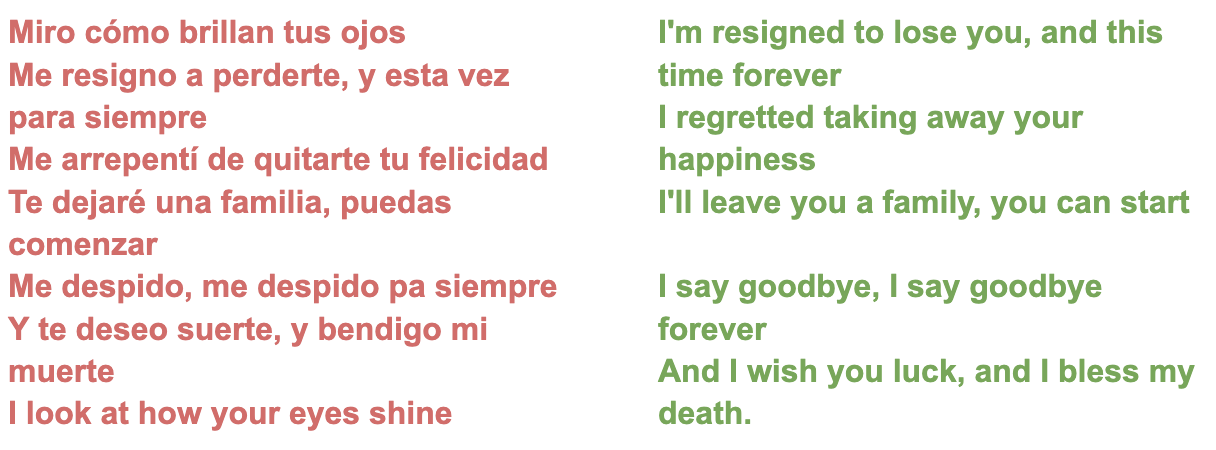Is it problematic for musicians to use femicide as inspiration for their art?
In the last few weeks, the public has expressed mixed opinions over the release of the song “Tu boda” by Oscar Maydon & Fuerza Regida.
The song has gone viral on social media and has secured the number one spot on Spotify Mexico, despite – or perhaps in spite of – the serious controversy surrounding it.
Assessing online narratives, it’s clear that two main perspectives on the record have been expressed by fans.
On one hand, there are people who believe Tu boda is a piece of art that speaks to the reality of violence against women taking place across the country.
They suggest that while this type of violence is not okay, the song itself is a work of fiction.
Others say that people are simply criticising the song for being part of the “Corridos tumbados” genre, a genre that is heavily disliked by older people and successful artists.
They argue that if the song was sung in English or played as another genre, there would not be this commotion.
Let’s take a look at the song lyrics, which presents a first-person narration of a man scorned after a breakup.

The song continues, revealing how the artist plans to murder his ex-partner on their wedding day.
























